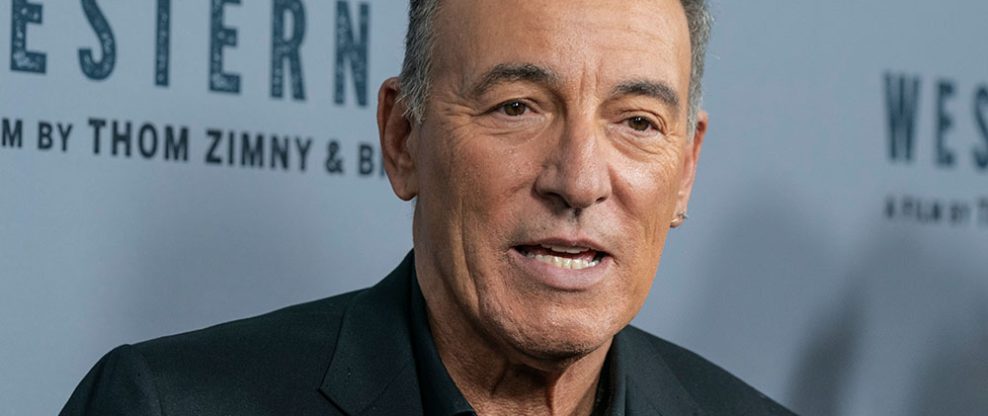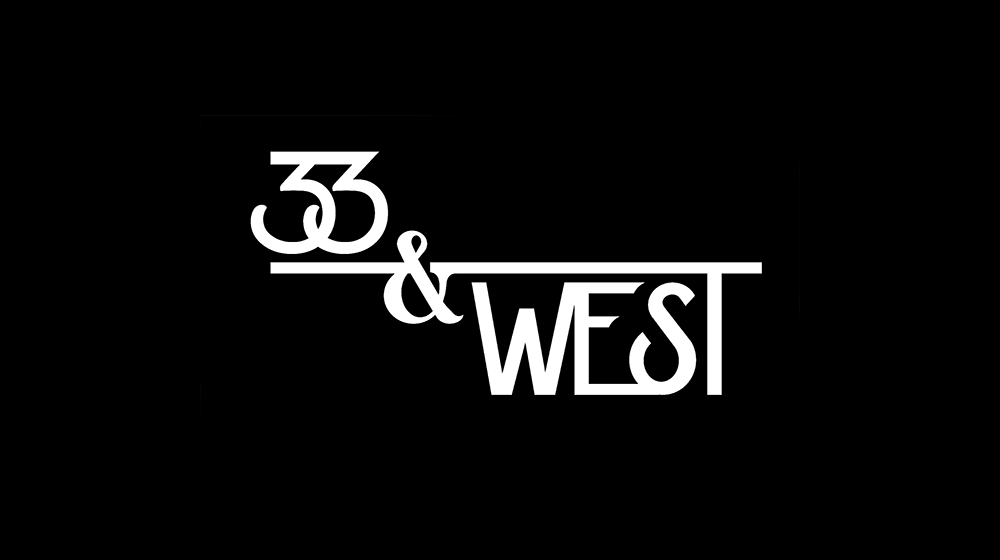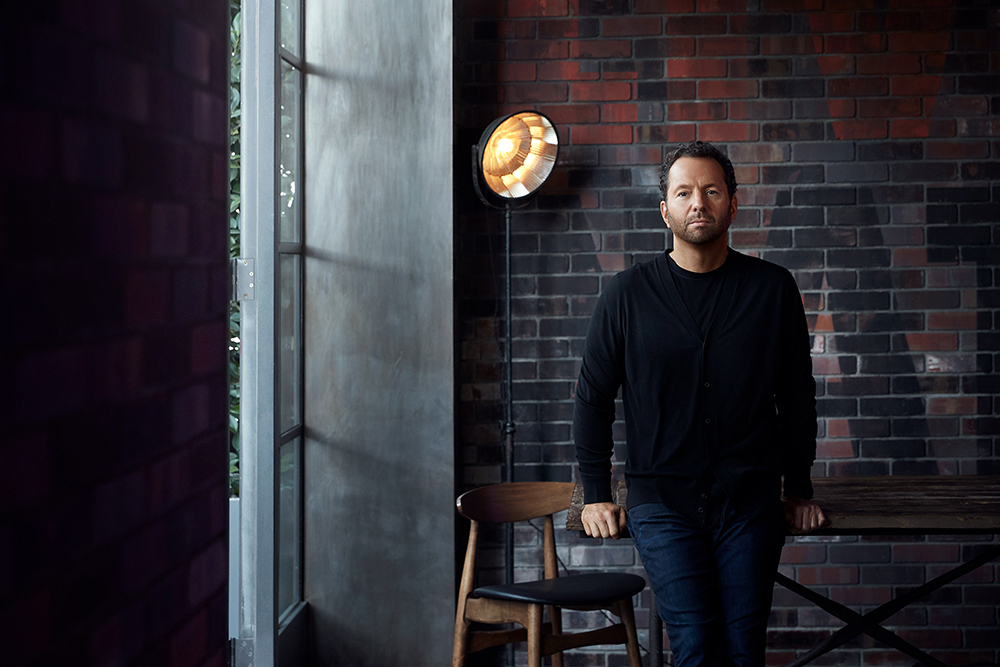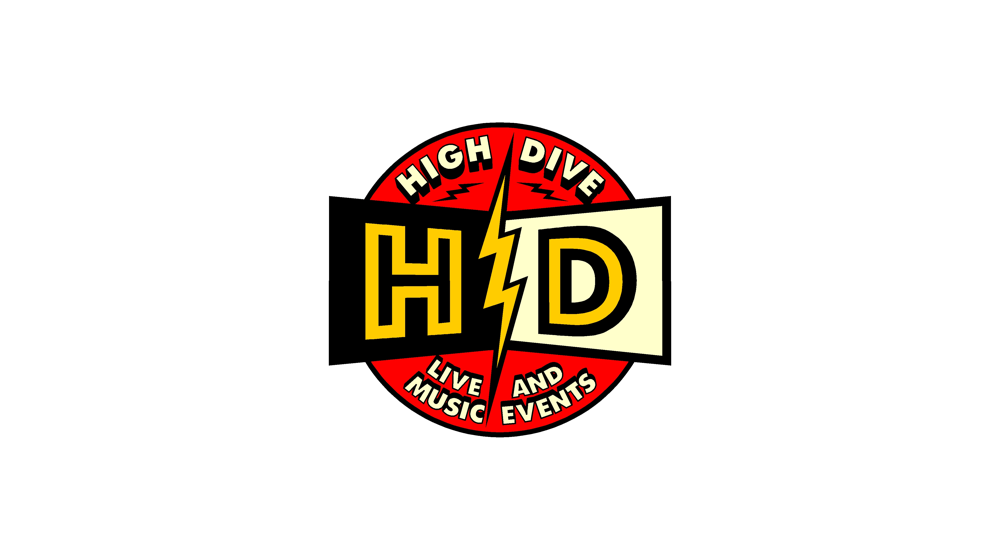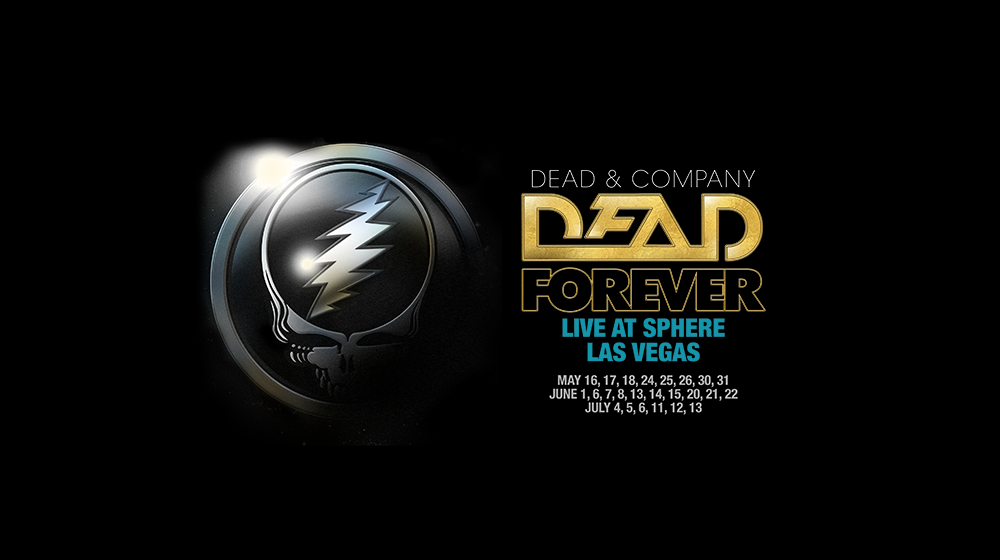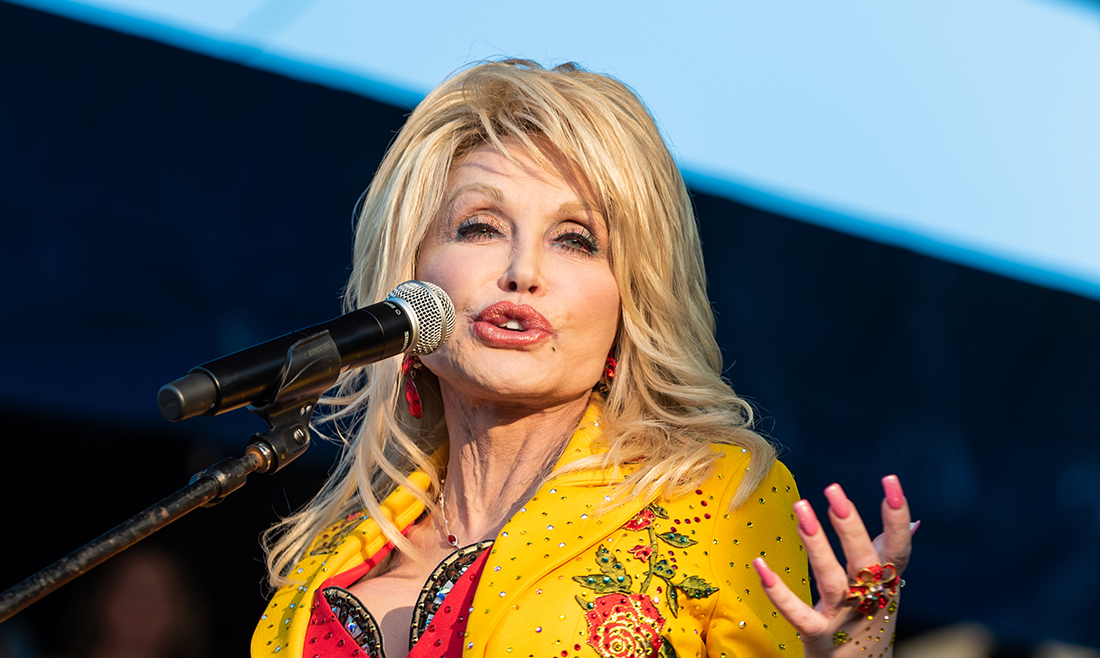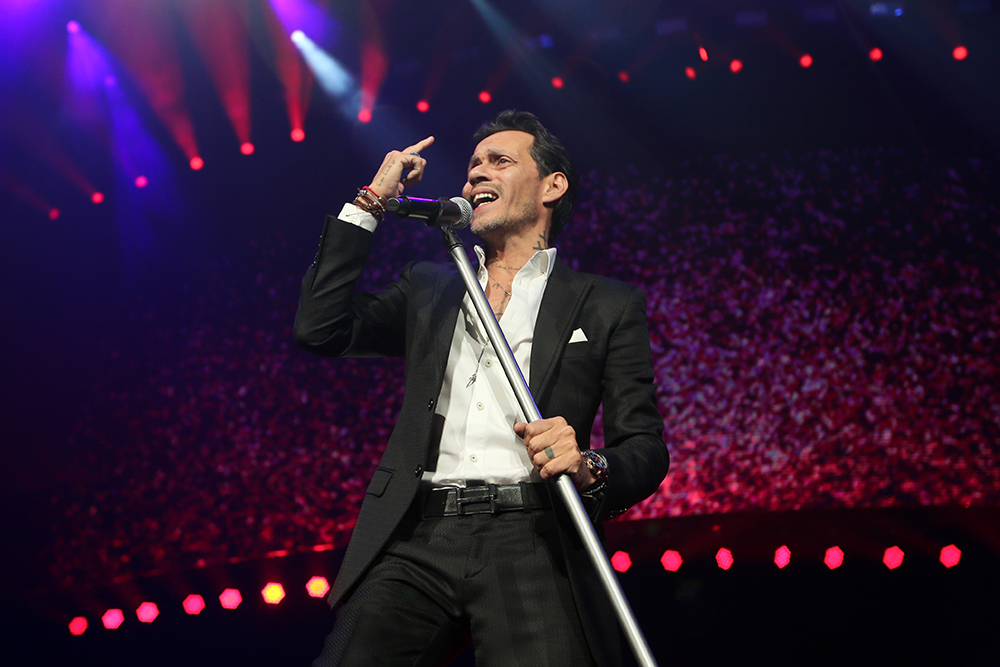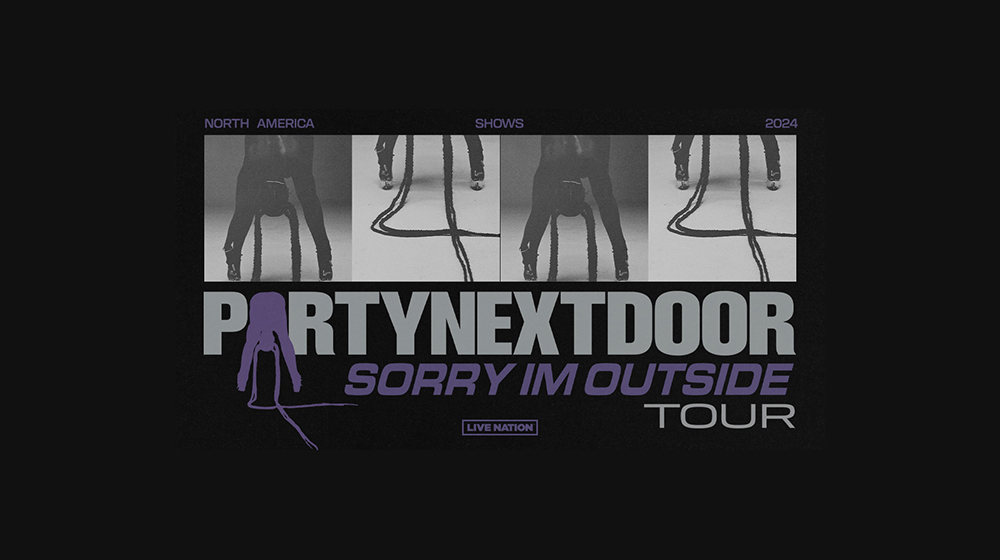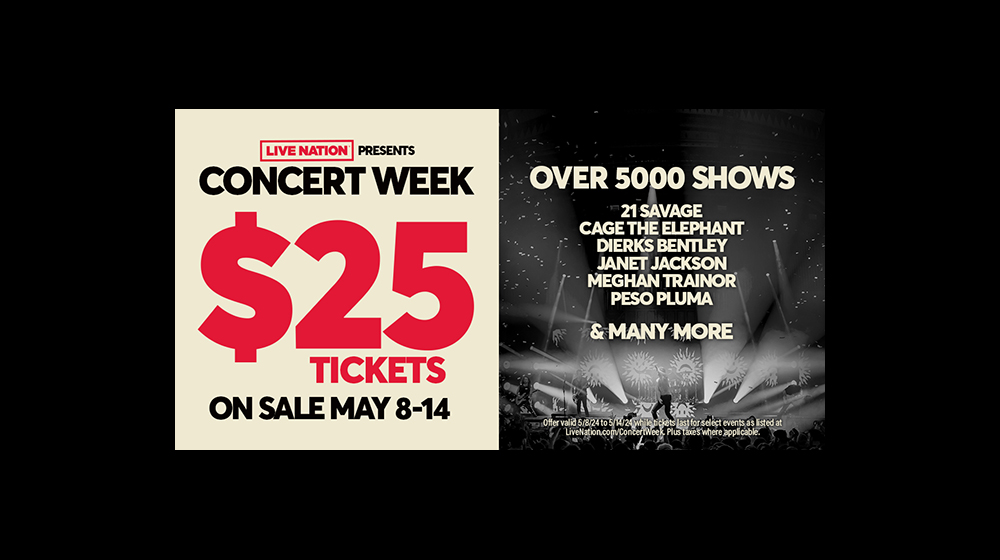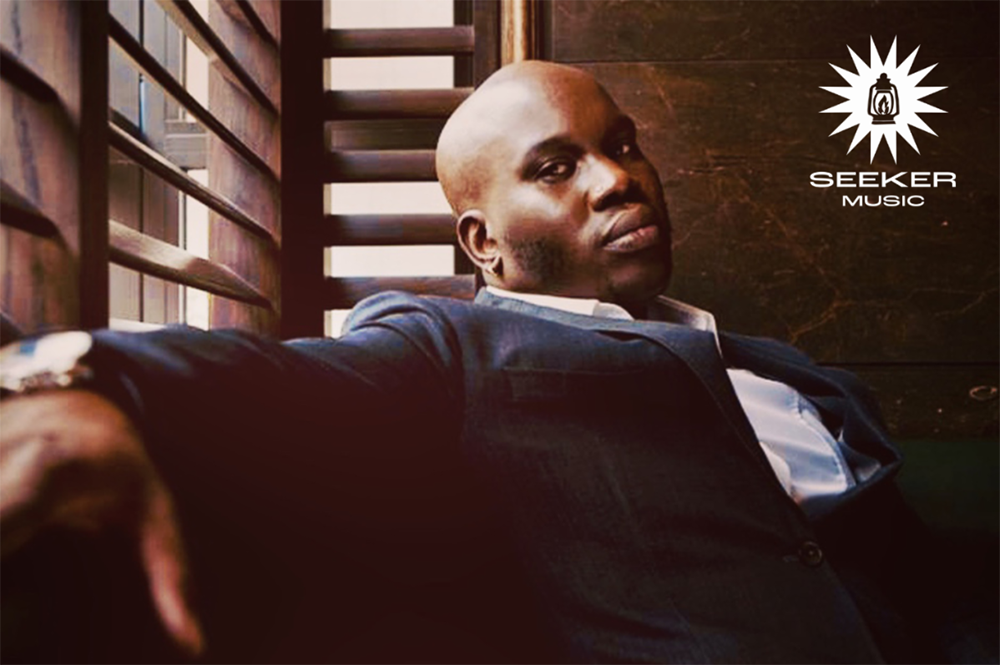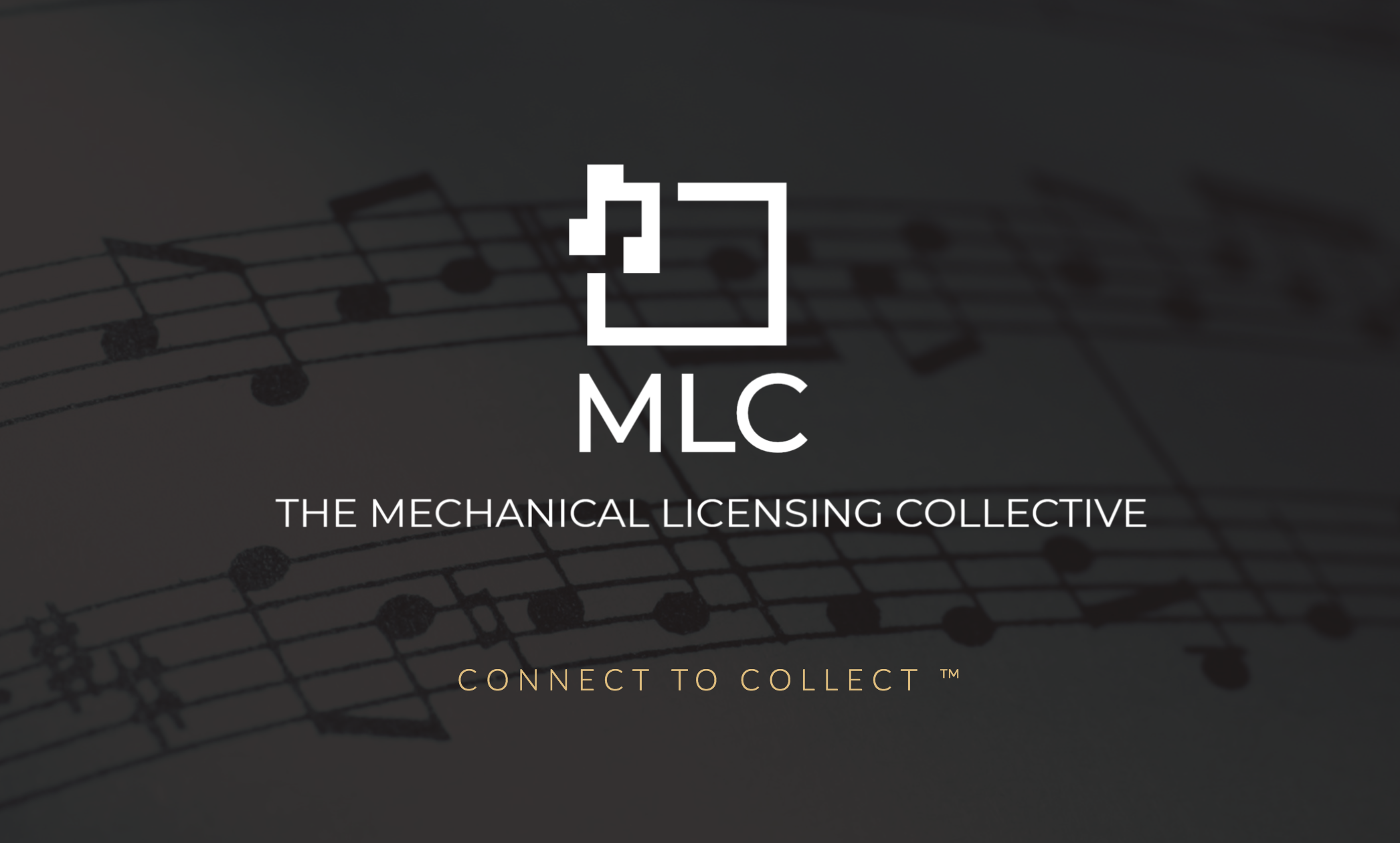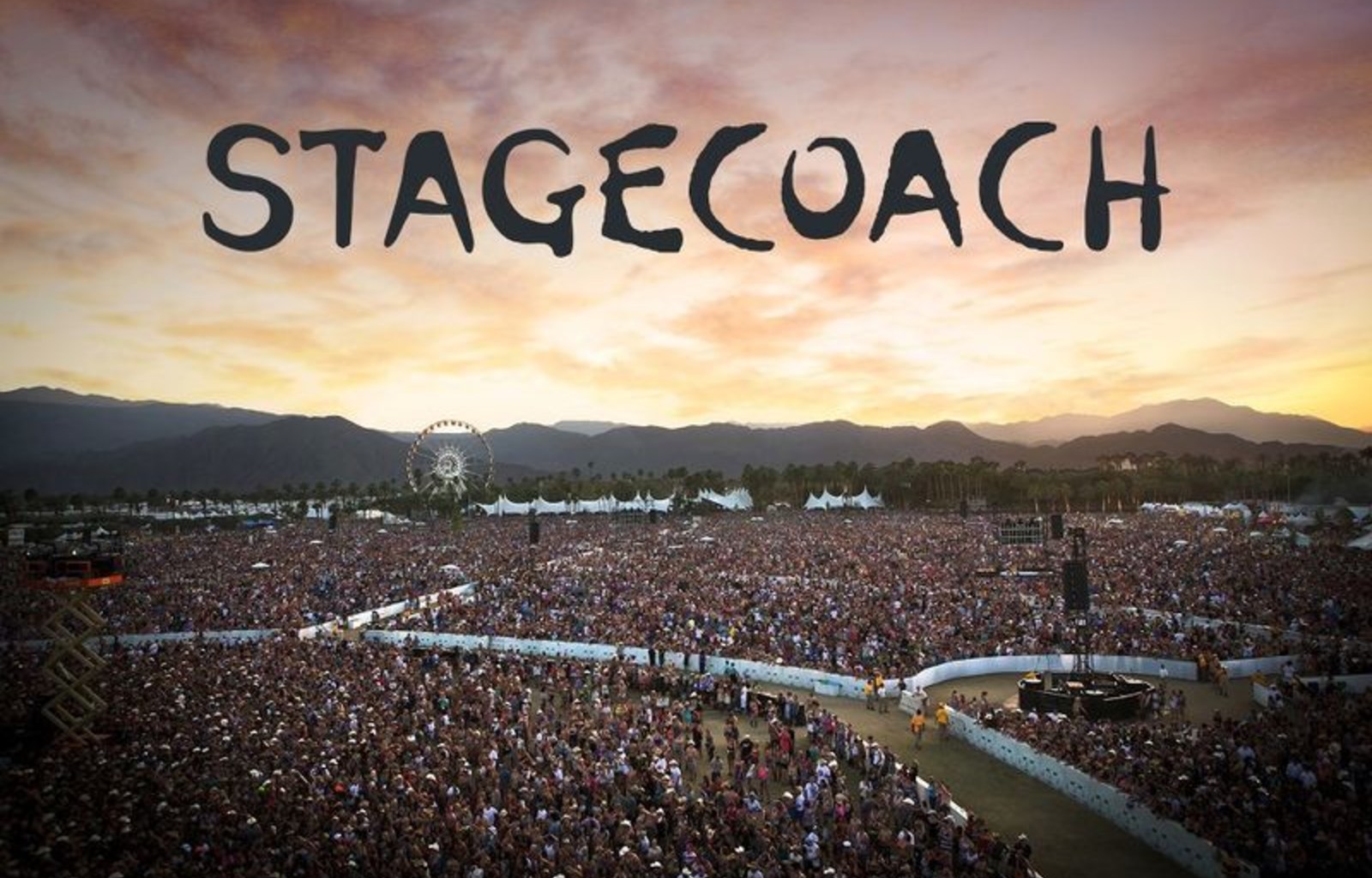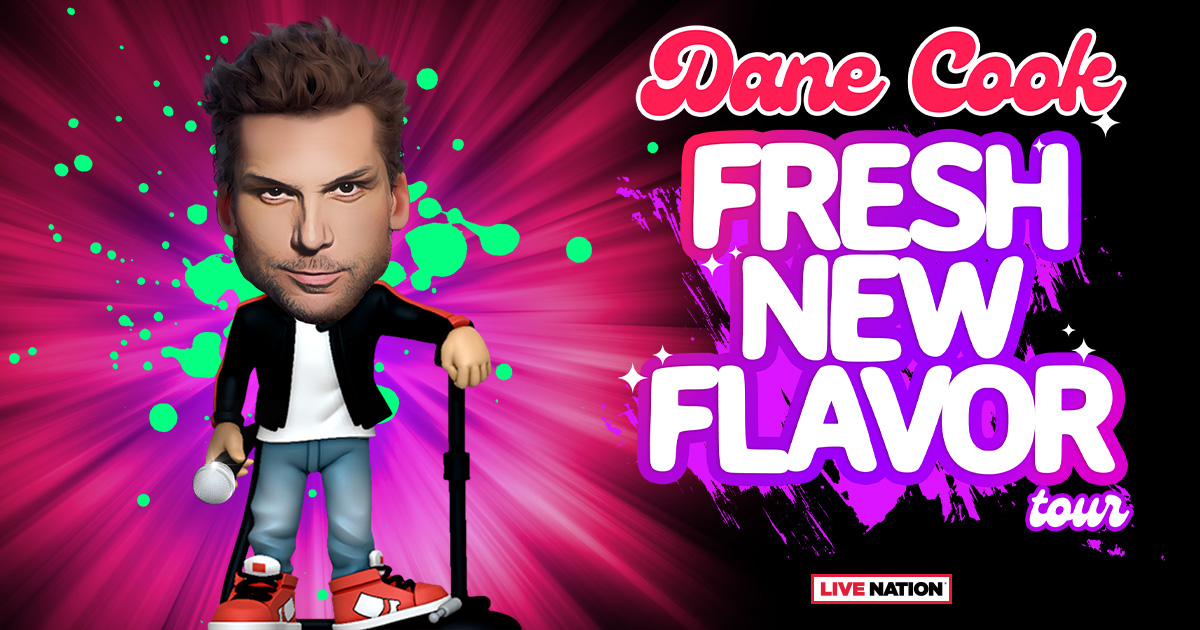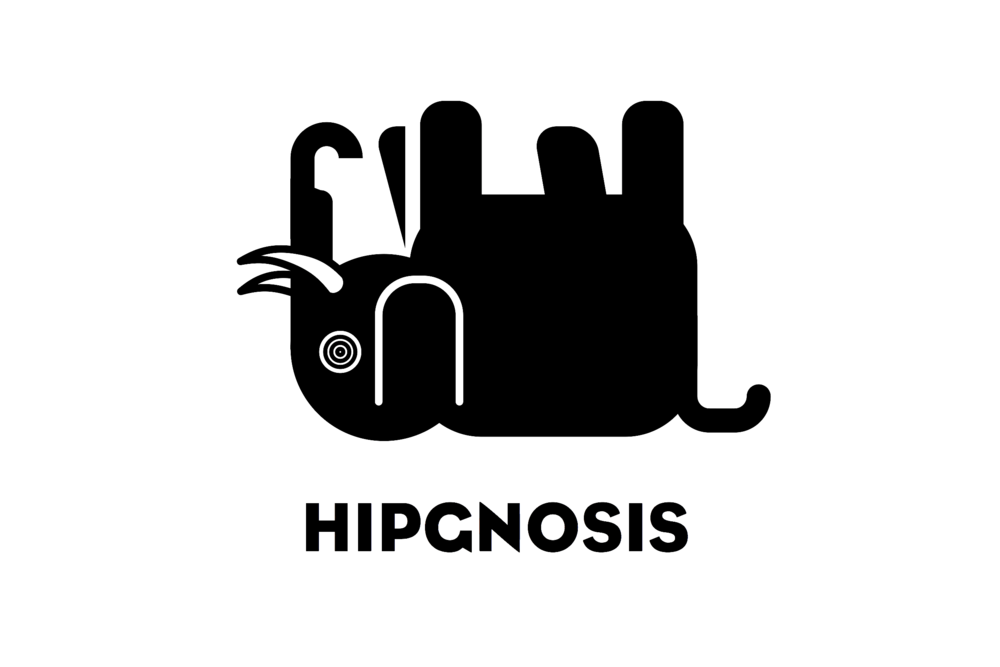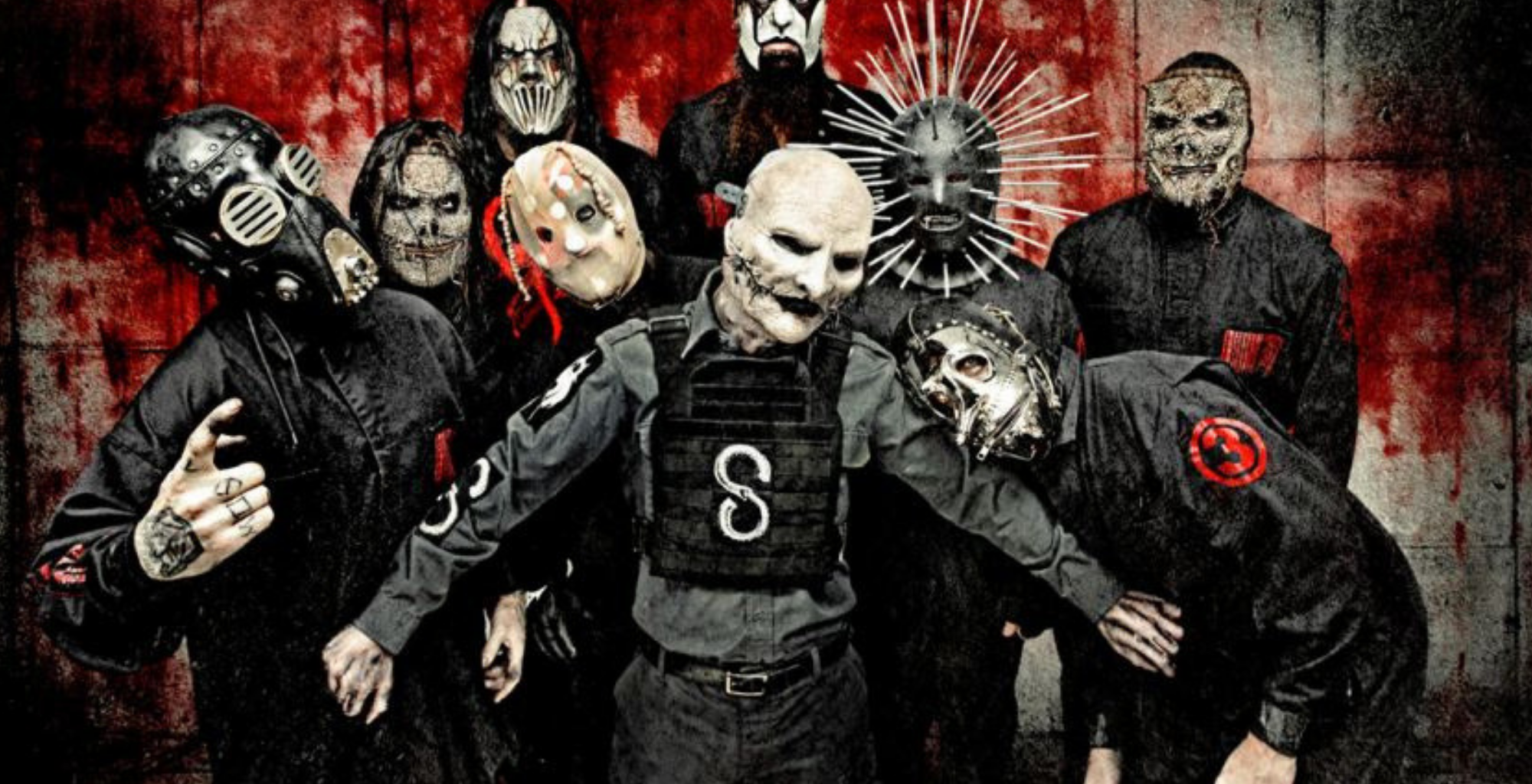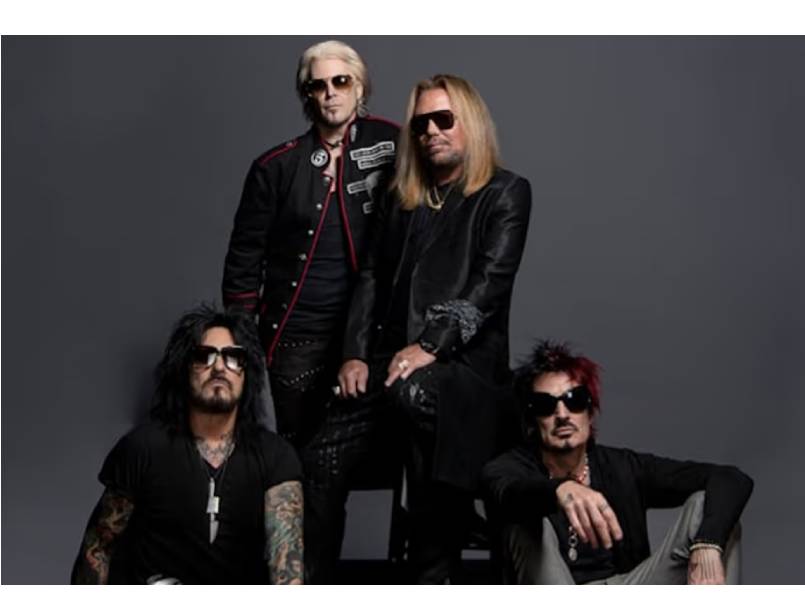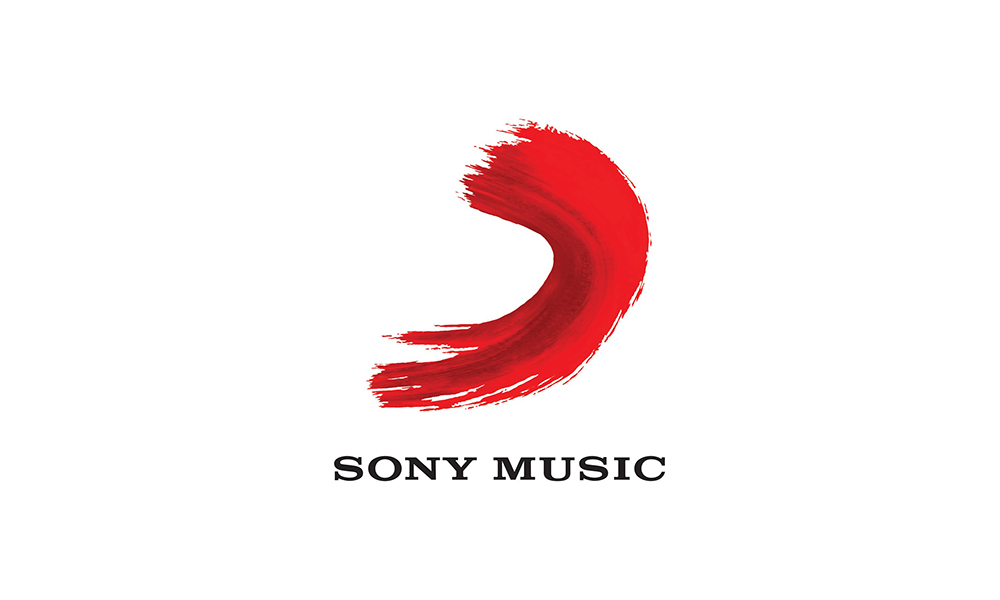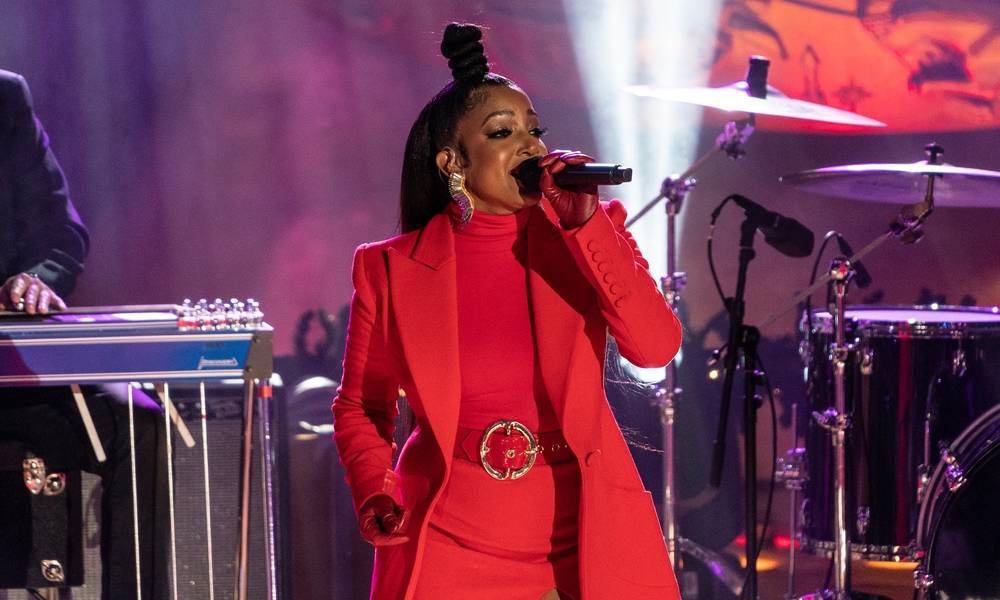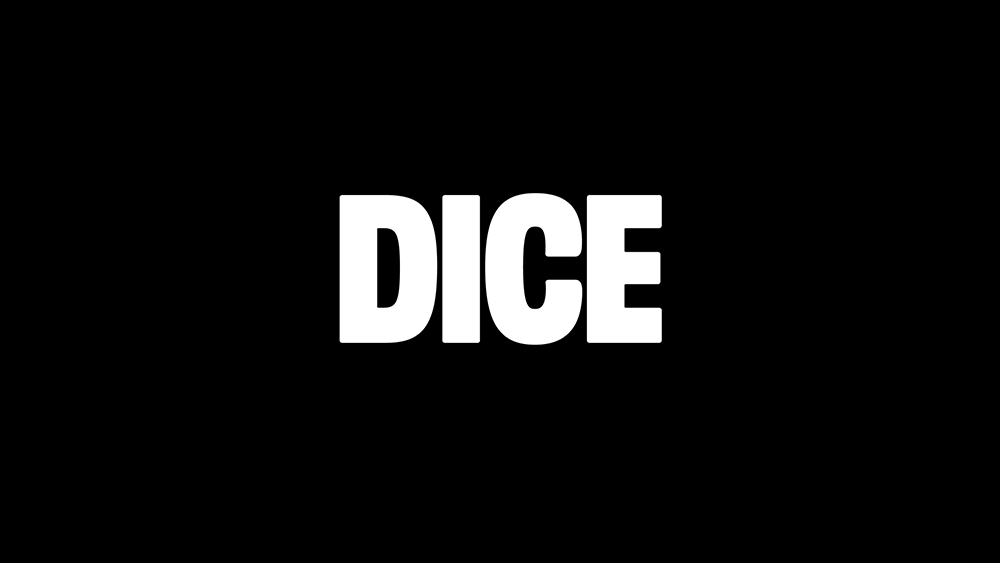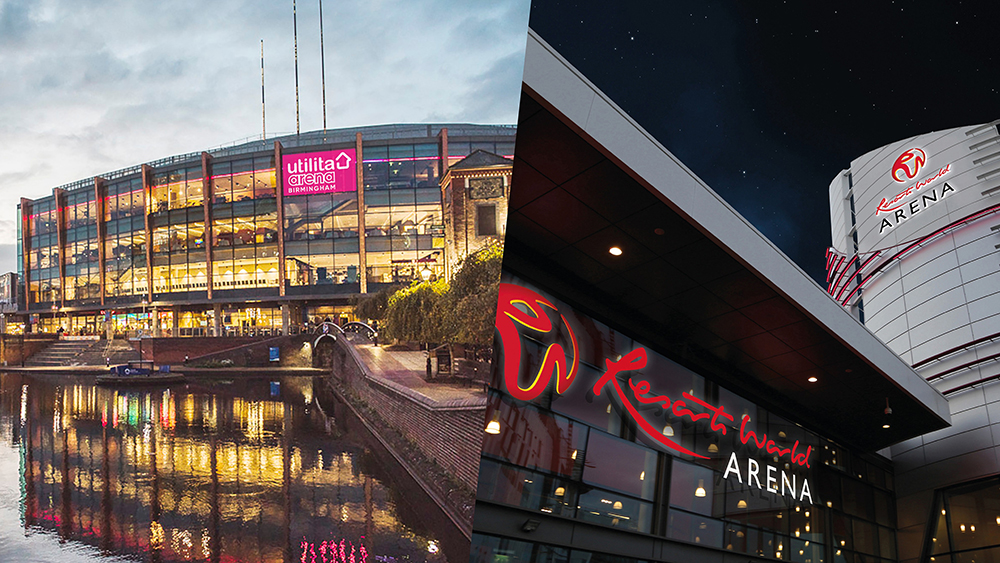“Deliver Me from Nowhere: The Making of Bruce Springsteen’s Nebraska”: https://tinyurl.com/2vyfav58
It’s not the book I thought it would be.
And that’s a good thing.
I thought it would be a detailed explanation of each and every track on “Nebraska,” whereas it’s a snapshot of Bruce more than the work. In the vernacular, it’s about where his head was at.
Now Bruce Springsteen used to be a different guy. Or was perceived differently. Or both.
In truth at first his career was a disappointment. And when he finally delivered on his second album, “The Wild, The Innocent & the E Street Shuffle,” eyes were no longer upon him, but that record was a breakthrough, what’s a Springsteen show without “Rosalita”? With the indelible line about the record company giving him a big advance?
I was so impressed with “The Wild, The Innocent…,” that I lined up at the Bottom Line this time of year back in ’74, just so I could get up close and personal. And I heard “Jungleland,” a year before it came out on wax.
Yes, in 1975 Springsteen was on the covers of both “Time” and “Newsweek” (the former I subscribed to, but switched to the latter after reading it every week in my shrink’s waiting room, realizing it was superior), but the backlash worked against him. I’m not saying that you never heard “Born to Run” or “Thunder Road” on the radio, but the stink didn’t really leave Bruce until three years later, with the follow-up album, “Darkness on the Edge of Town.”
“Born to Run” was cut to sound like an earlier era, a throwback, something that came out of the ten dollar speaker in the dash of your car, you couldn’t pick out individual instruments in the mix, you could only get carried away by the sound. But “Darkness” was more distinct, and darker, more world-weary.
And Bruce played the Roxy and it was broadcast over the radio and if you really cared you could buy the double-album bootleg, which I certainly did, but the mainstream hype was gone. However, Bruce had paid so many dues on the road that his fans supported him, they needed to go to the show.
And this was not the Grateful Dead. Bruce needed you to like him, he overpowered you, needed to prove how great he was, the band was seamless, they came on stage, stayed for hours and left and you never forgot it.
And then in 1980 came “The River,” a double album with the lightweight single “Hungry Heart” crossing over to AM, with its Flo and Eddie background vocals, and an arena tour that cemented the Boss’s legacy, assuming you were paying attention, and not everybody was. Oh, it was not like today, where you can be number one and no one knows your music, it’s just that if you did not own the records, you did not know every Bruce song.
And speaking of the Boss…
That’s one of the best quotes in the book, Clarence partaking of a substance and telling the assembled group not to tell the Boss.
You see we were told they called him the Boss, and it came out that’s what the band named him, yet it never truly resonated. But reading the book it’s clear, Bruce was the boss, and you didn’t want to upset him.
Because he cared so much.
That’s not the Boss of today.
Springsteen released an album so successful that it has affected public perception of the man for decades thereafter. We still remember him playing ball in the video for “Glory Days.” Yes, suddenly Bruce was everybody’s. He went on a stadium tour. And although “Tunnel of Love” had great highlights, what came after, the two solo albums, was rejected by the public, and Bruce reunited with the E Street Band and it’s been an endless victory lap ever since.
You see the audience now owns Bruce Springsteen.
But he used to be afraid of that.
And now Bruce is embraced by the establishment, the news media and the government. He smiles, he laughs, but in truth, at heart, he’s still an alienated f*ck.
That’s what this book is all about, describing the alienated f*ck.
To quote Bruce:
“‘I’m an alienated person by nature,’ Springsteen told Brian Hiatt in 2010. ‘Always have been, still am to this day. It continues to be an issue in my life, in that I’m always coming from the outside, and I’m always trying to overcome my own internal reticence and alienation.'”
This is what his fans don’t understand. Because they’re not alienated themselves. Of course some denizens of the pit are, but most are just regular people living regular lives, they might live for the music, but at this late date they don’t get it. That Bruce Springsteen never fit in, has trouble making friends and this was his only way out, making this music. He needed to get it exactly right and if he did people would love him, his life would work out, but it didn’t.
And then he fell apart.
That’s what this book is about.
Bruce comes off the road from the “River” tour, rents a nothing house in nowhere New Jersey and starts making demos.
This is where the hagiography begins. If you’re not a fan, you’re gonna puke. Not only does Warren Zanes put Springsteen on a pedestal, reading this book you’d think “Nebraska” was “Sgt. Pepper,” or even “Nevermind,” something that came out and completely changed the landscape. This is patently untrue.
Zanes goes on and on about the Teac Tascam 144 Portastudio the Boss made the album on. Like he was the first to use this rare equipment, like his recording was an inspiration to musicians everywhere and a harbinger of what was to come.
Hogwash.
Even I knew what the Tascam Portastudio was and I don’t make records. Being able to record four tracks on a cassette, wow, that’s incredible power. I remember the sixties when the goal was to own a two track reel to reel that had sound on sound. The Portastudio was not exotic equipment, you could buy it at your local shop, which is where Bruce’s guy got it.
As for being inspired…
I bought “Nebraska,” I played it. Is it my favorite? Is it so influential? Zanes quotes musician after musician, it’s creepy. Like they were all lost in the wilderness and Bruce made an album on a Portastudio and they realized they could too. If you weren’t around, you’d get a completely wrong impression. But if you weren’t around…
You’d have no idea what it was like in that era. That’s the best part of the book, setting the scene.
It was just before MTV. The worst we’d experienced was corporate rock and disco, and in truth that Boston album was fantastic, still is, and we’re still listening to disco today, it never went away, they just call it something different.
To be a rock star…
Tech? People didn’t have a computer on their desk, they still marveled that they had a remote control to change channels on their tube TV!
Incomes had a lot fewer zeroes.
And music had a lot more impact.
MTV commercialized it beyond comprehension. Suddenly, you could be famous all over the world, and coupled with the advent of the overpriced CD, riches were rained down on many.
And that’s been the paradigm ever since. Worldwide domination.
But in truth it’s working the other way. It’s the music from other continents that is growing, not rock spreading from the U.S. and U.K.
And it’s about becoming a brand, selling out. It’s part of the paradigm. No one leaves any money on the table. They want more. There are so many perks to acquire, and if you’re lucky you can do privates for the man and fly in his jet. Who’s jerking off who here? Who’s winning?
The corporation.
But it used to be different. Used to be reversed. The musicians were at odds with the corporations. It was all about truth, laying down the essence of life. That’s what Springsteen’s goal was.
And he cut “Nebraska” thinking it was just demos, and since he wasn’t trying to get it right, he got it right. And could not get it right with the group thereafter, or by himself. Something was captured on that cassette. Sound like the major music business today, where you have twenty writers and endless mixers? Of course not!
So money is not primary to Bruce, it’s the sound. Just getting the album EQ’ed. I lived through that, I remember the stories from the mastering engineers.
And Bruce was not on the cover of the record and there was no hype.
Have you been following the Mellencamp hype? In the last couple of weeks there have been stories everywhere, about this inherently unlikable guy, his own worst enemy. Uber-talented, but… He needs to sell tickets, so he hired a team to get the word out, and odds are you’re unaware or you’ve seen the message so many times as to be turned-off, I certainly am.
But the bottom line is it doesn’t work anyway.
Springsteen recently put out a covers album. Endless hype and explanation. Since then, crickets.
As for the brouhaha over ticket prices? It died down and we never heard about it again. It was ugly, people who spend a C-note on dinner complaining a concert cost more. Talk about being two-faced and living in the past… And it turned out you could get tickets no problem. Speaking of tickets, AmEx just sent me a message saying I could get great Taylor Swift tickets at face value. Yet the media makes it sound like it’s akin to trying to get a covid vaccine in December 2020, impossible.
But that’s all rabble-rousing. That’s how it is today. But it was very different yesterday.
So what you’ve got is this alienated f*ck with ideas in his head, and no one could say no, because they believed he was tapped in, that Bruce was bringing tablets down from the mountaintop. And they only wanted to serve him.
And then the album came out and he cracked up. Moved to Hollywood and entered a deep depression. What next?
This is not an overpaid exec at the corporation. All Bruce has got is himself. He’s got to feed the machine, he wants to feed the machine, he wants the attention even if he isn’t quite sure how to handle it.
And what does it all mean?
How does it all fit together?
Bottom line, most people can’t understand. They see the dollar signs first. They’re all about jumping through the hoops of life: high school, college, job, marriage, kids… But if you’re an artist, none of those exist!
This is a very easy book to read.
But if you’re not interested in Springsteen, do you care?
There’s almost no buzz about it. But if you’re a Boss fan it’s a must-read. And if you’re not, you should read it anyway. Overlook Zanes’s frequently over the top analysis, but stay for the insight into Bruce.
This is not the Broadway show.
This is the real nitty-gritty.
This is not your friend, this is someone on a trip, a venture into the unknown, he doesn’t know what he wants, but he’s gonna go on the journey anyway.
And it’s a solitary trip. There is no posse, no hangers-on. No dinners with friends. It was very lonesome.
But Bruce has no problem being alone. It’s people he’s got a problem with.
The people need to read “Deliver Me from Nowhere” to understand the real Bruce.
Then again, I’m not sure Bruce understands himself. He’s on a journey of discovery, pushing the envelope, and he ultimately got millions interested in going on the ride. The same millions who now don’t want him to change. He’s rich, but he’s in prison.
Fascinating.

